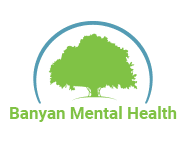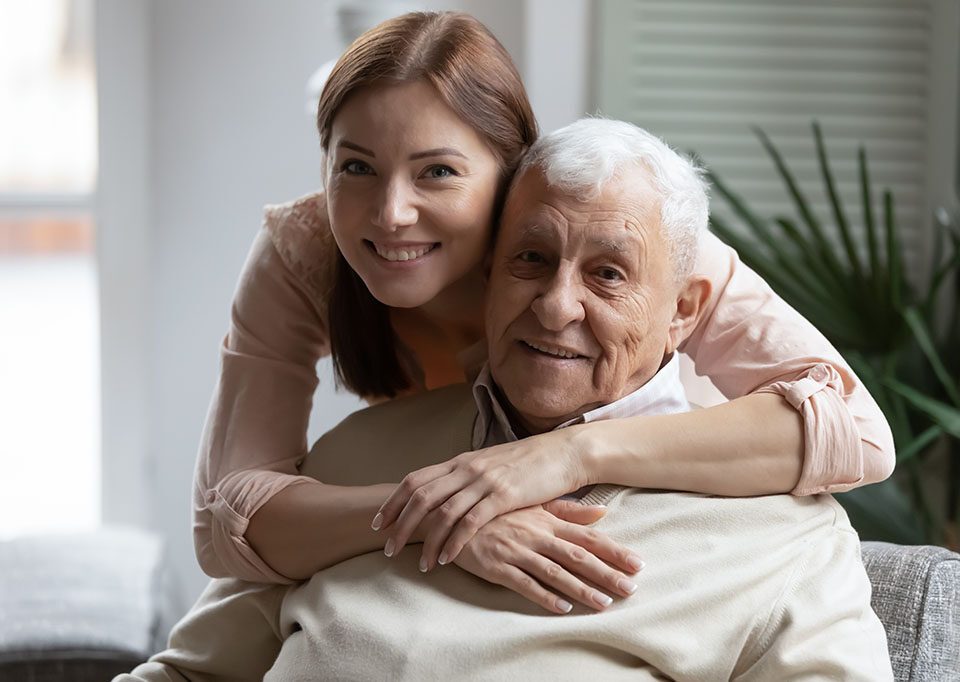


Celebrity Quotes About Mental Illness
June 15, 2021

Understanding Body Dysmorphia
June 16, 2021How to Help Someone with an Eating Disorder


If you’re struggling to understand how to help someone with an eating disorder, you’re not alone.
As a mental illness treatment center in Boca, we know how tricky it can be to support a loved one with a physical or mental illness. Eating disorders like anorexia and bulimia can destroy a person’s life and cause pain to those around them. We know it’s heartbreaking to watch a loved one suffer, so we’re sharing some practical ways to help someone with an eating disorder get the care they need and recover.
What are Eating Disorders?
Before you can attempt to assist your friend, family member, or spouse recover from an eating disorder, you have to understand what the condition entails. Eating disorders include a range of psychological conditions related to unhealthy and disturbed eating behaviors and distressing thoughts and emotions. The most common signs of eating disorders include binge eating in secret, throwing up after meals, obsessing over calories, and following extreme diets. Eating disorders go beyond disrupted eating habits and are often byproducts of mental illness. These disorders are most common in women between the ages of 12 and 35 and affect several million people at any given time.1 The three main types of eating disorders are anorexia nervosa, bulimia nervosa, and binge eating disorder. Of these three, anorexia is the most fatal, with a 10 percent death rate.2
Banyan Mental Health offers a variety of treatment methods that can help individuals who are struggling with eating disorders recover. Our methods promote recovery by addressing the emotional and psychological aspects of these conditions. Identifying and addressing any contributing factors is the best way of helping someone with an eating disorder.
How to Help Someone Struggling with an Eating Disorder
If you’re concerned about someone, the number one thing you should always do is to encourage them to seek out treatment as quickly as possible. This increases their chances of recovery; however, there’s more to supporting someone with an eating disorder than just helping them find treatment. Below are some practical ways you can do your part in helping the person get better.
- Remind your loved one that they are not to blame
- Educate yourself about eating disorders
- Ask the person how they’re feeling or what they’re thinking instead of assuming
- Do not force them to get treatment or do anything they don’t want to do, as this increases the chances of relapse or causes them to leave rehab early
- Avoid discussing weight, food, body shape, or diets in front of the person
- Be quick to listen and slow to speak because you don’t always have to have something to say
- Identify any enabling behaviors on your part, like cleaning up vomit or cooking special meals for them
- Consider portion sizes and what you’ll be eating at mealtimes
- Shop for groceries or shop with the person to reduce anxiety over nutrition labels
- Write a list of foods you want to buy before going shopping to prevent anxiety
- Plan with the individual and their treatment provider which foods will be reintroduced into their diet, how, and when
- Avoid buying food in bulk or multipacks, which can overwhelm the person and encourage binge eating
- Come up with distraction techniques, such as having the TV on, that can help the person feel comfortable during mealtimes
- Always stay in contact with the person’s treatment provider, especially regarding any discomfort they may experience as more food is introduced into their diet
- Invite the individual to hang out with friends and socialize, and continue inviting even if they decline
- Go to places or social events that don’t revolve around food or exercise
- Discuss topics that are irrelevant to their condition
- Encourage the person to try new hobbies or try new hobbies with them
Learning how to help someone with an eating disorder takes time. It’s not just about what you should do, but also what you shouldn’t do. While the list is long, we hope that these tips can provide you with the proper guidance and direction you need to be there for your spouse, friend, or family member.
If you or someone you know is struggling with a mental disorder, call our Banyan mental health rehab now at 888-280-4763 to learn more about our residential mental health program in Boca.
Source:
- MHA - Eating Disorders
- DMH- Eating Disorder Statistics







